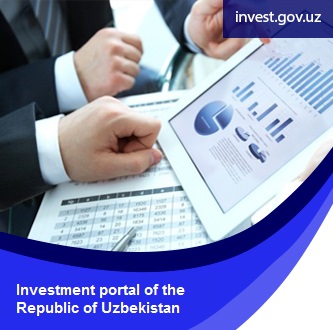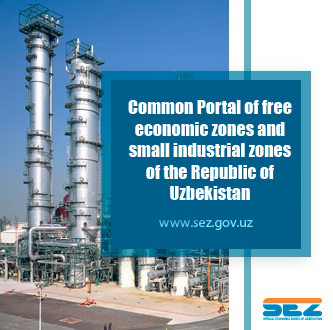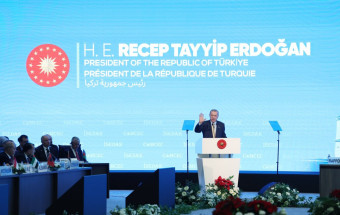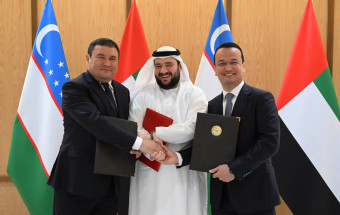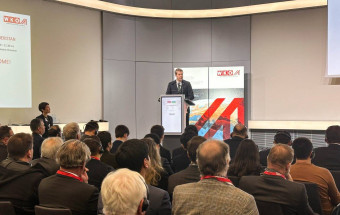KIA plans to proceed to the implementation of the second phase of the project for the production of cars in the Jizzakh region
On July 5 this year, Deputy Prime Minister - Minister of Investments and Foreign Trade S.Umurzakov received President of KIA Russia & CIS Sang Gwon Jong.
For reference: KIA Motors is one of the largest Korean car manufacturers with headquarters in Seoul. The company was founded in December 1944. It is part of the Hyundai Motor Group companies.
During the meeting, it was noted that the dynamic and sustainable growth of the automotive industry is one of the priorities for Uzbekistan in the development of the country's economy. A special role in this is played by the successful cooperation with KIA Motors, whose products are met with high interest on the Uzbek market. In this context, the company's management announced its intentions to continue strengthening its position in the Uzbek market through the implementation of new projects and expansion of the production line.
A joint project with KIA to assemble cars by the large-node method at the plant in Jizzakh started in 2021. The cost of the first phase was $12.6 million. At the multi-brand plant, where 250 specialists work, KIA, Renault and Lada cars are being assembled. The production capacity is 25 thousand units per year. Since the launch of the plant, over 6 thousand cars have been produced. As for KIA, 8 models of this brand have already been presented on the Uzbek market. However, as it was noted at the meeting, there is a huge reserve both for expanding the model range and for increasing production volumes.
During the negotiations, it was stressed that the launch of the second phase of the project will increase the annual production capacity to 100 thousand cars and create 3 thousand new jobs. According to the manufacturer's plans, localization will be brought to 30 percent, which will have a positive impact on the cost of cars. Also, in cooperation with local companies, the production of component parts will be mastered.
After discussing the practical aspects of the project, the parties agreed on further actions to promote its practical implementation. As a result, the parties expressed their readiness to continue a regular and constructive dialogue to discuss and resolve all emerging issues.



